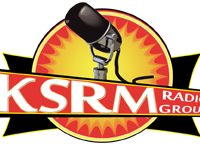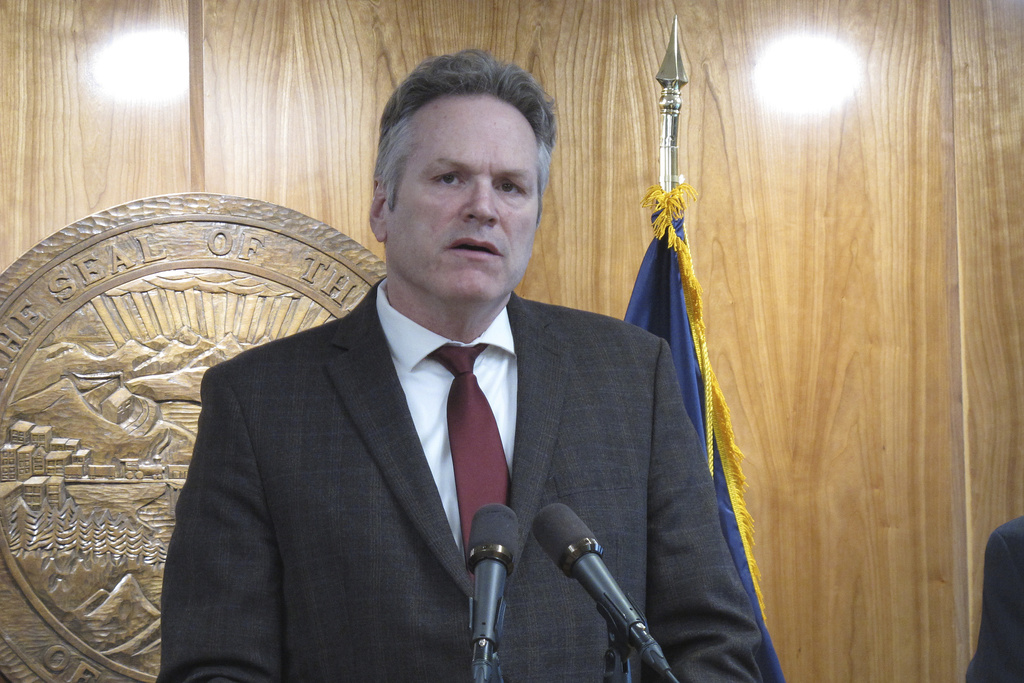Governor Mike Dunleavy on Friday introduced legislation to benefit electricity ratepayers by increasing the efficiency of transmission system charges, prioritizing the lowest-cost power, and encouraging the development of new power generation, including renewable energy.
“Currently, there are electrical tariffs on the Railbelt system that stand in the way of transmitting the lowest-cost power,” said Governor Dunleavy. “This legislation would eliminate these tariffs and transform the system into a public highway rather than a series of toll roads. This would lower costs for ratepayers and create new opportunities for independent power producers.”
According to a press release provided by the governor’s office, HB307 (SB217) improves how electricity transmission costs are managed in Alaska. These regulatory measures would eliminate the current method of charging per-unit wholesale transmission fees and instead would require the Regulatory Commission of Alaska (RCA) to create a system that will allow for the economic dispatch of the lowest-cost power at all times. It will also provide fair and reasonable cost recovery for the utility companies and clarify which electric utility transmission assets are subject to this system.
Additionally, HB307 (SB217) creates a level playing field for power generation by giving Independent Power Producers (IPP) the same exemption from local taxes that nonprofit electric cooperatives already receive.
In October, the Alaska Energy Authority (AEA) announced it had secured $206.5 million in grant funding for improving Railbelt grid resilience. The funds would be allocated to the Railbelt Innovation Resiliency (RIR) project for the construction of a High Voltage Direct Current (HVDC) submarine cable to serve as a parallel transmission route from the Kenai Peninsula to Anchorage, creating a redundant system in case of disruptive events.
In December, Homer Electric announced a 3.5% rate increase after the Regulatory Commission of Alaska (RCA) approved the utility company’s Nov. 3 Simplified Rate Filing (SRF) requesting an increase to its base rate. The rate jump, which took effect on Jan. 1, increases the residential energy rate from $0.16077 per kilowatt-hour to $0.16640 per kilowatt-hour.
As recommended by the Alaska Energy Security Task Force, the elimination of transmission-related wheeling rates (tariffs), and the provision of equal tax treatment for both IPPs and electric cooperatives, will incentivize private sector investment in energy development and provide greater opportunity for the integration of lower-cost power, to the benefit of IPPs, electric cooperatives, and ratepayers alike.
The bills were referred to the Senate Resources, Labor and Commerce and Finance committees and the House Finance Committee.

